
PIT Care Collective Open Workshop
Monthly meeting and workshop presented by PIT Care Collective, a group of medical practitioners and healers seeking to establish community healing protocols and strategies outside of western capitalist medical logic
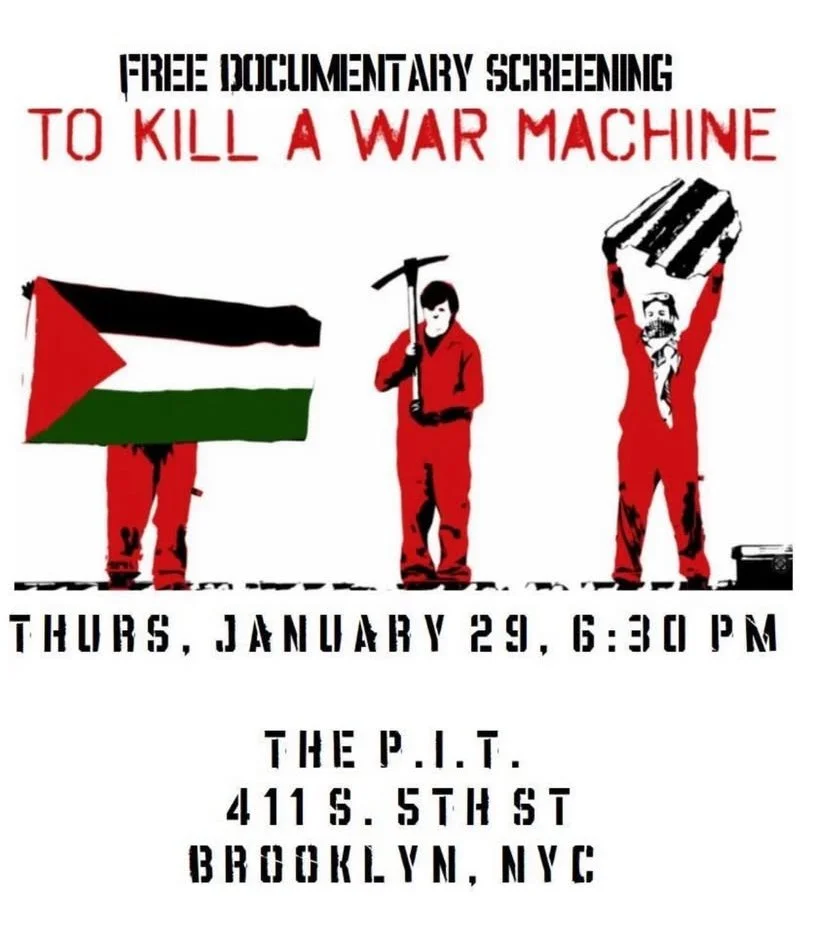
Film Screening: To Kill A War Machine
presented by A New World In Our Hearts Collective
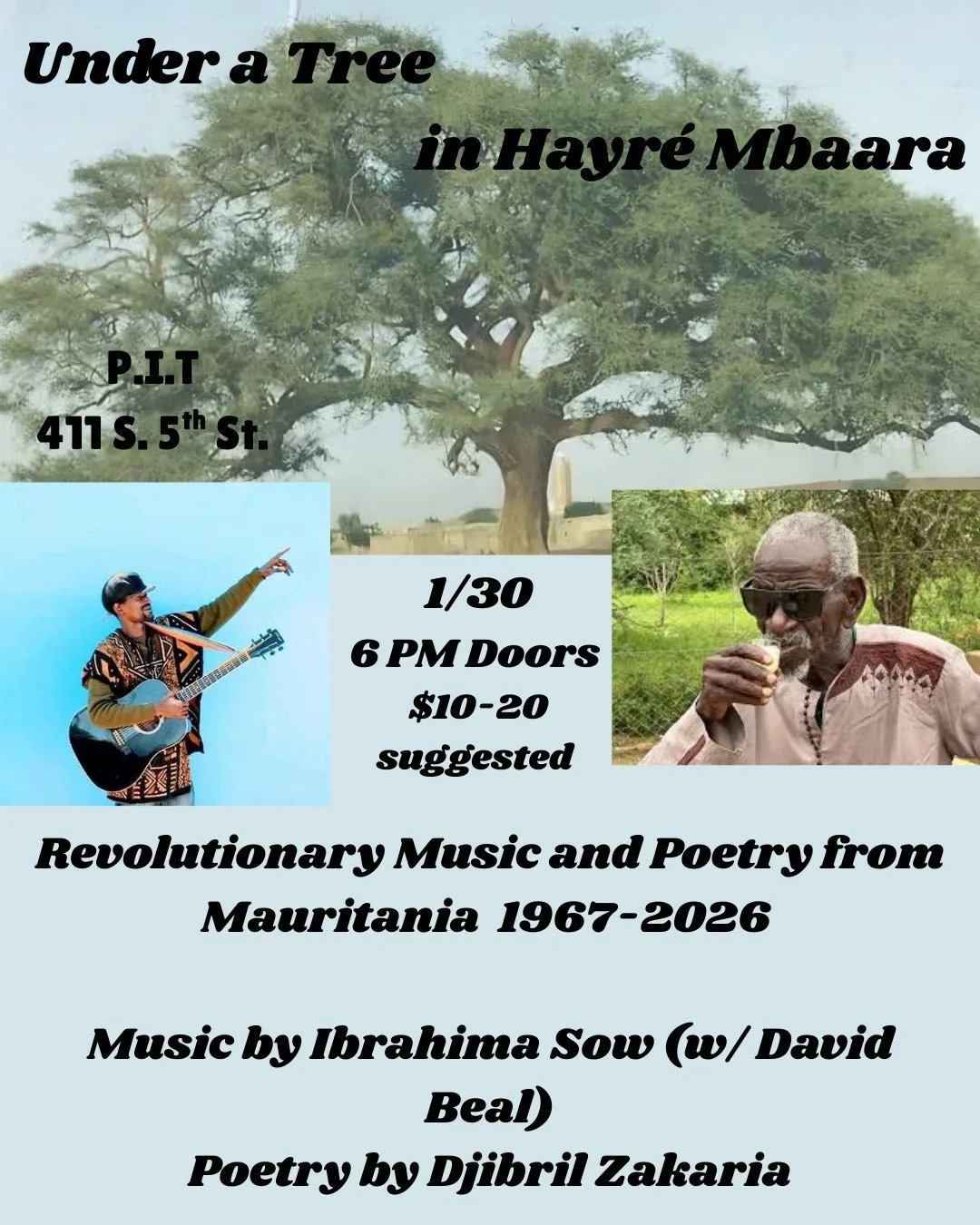
Ibrahima Sow and Djibril Zakaria: Under a Tree in Hayré Mbaara
Revolutionary Music and Poetry from Mauritania 1967-2026
Music by Ibrahima Sow (w/ David Beal)
Poetry by Djibril Zakaria
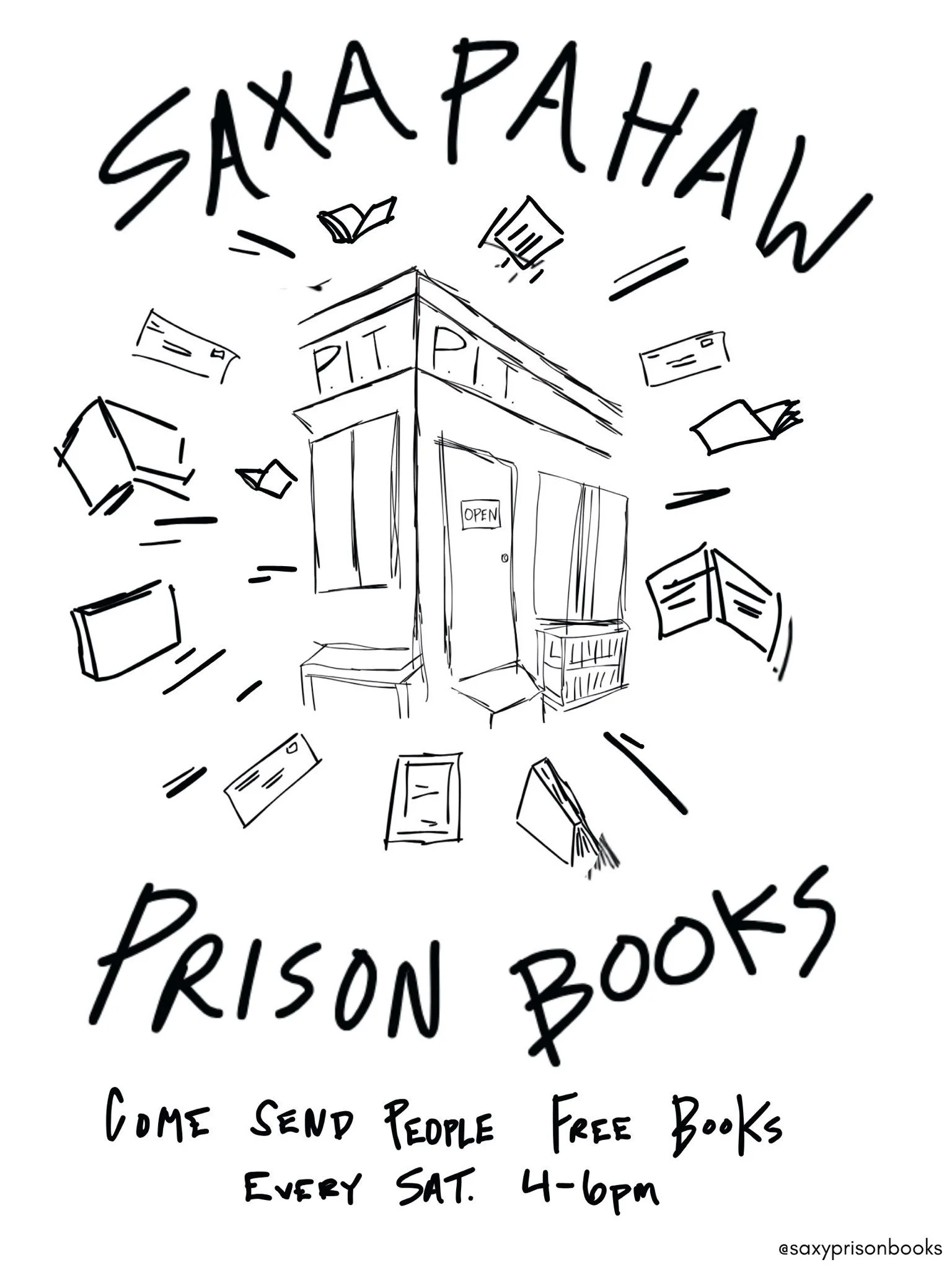
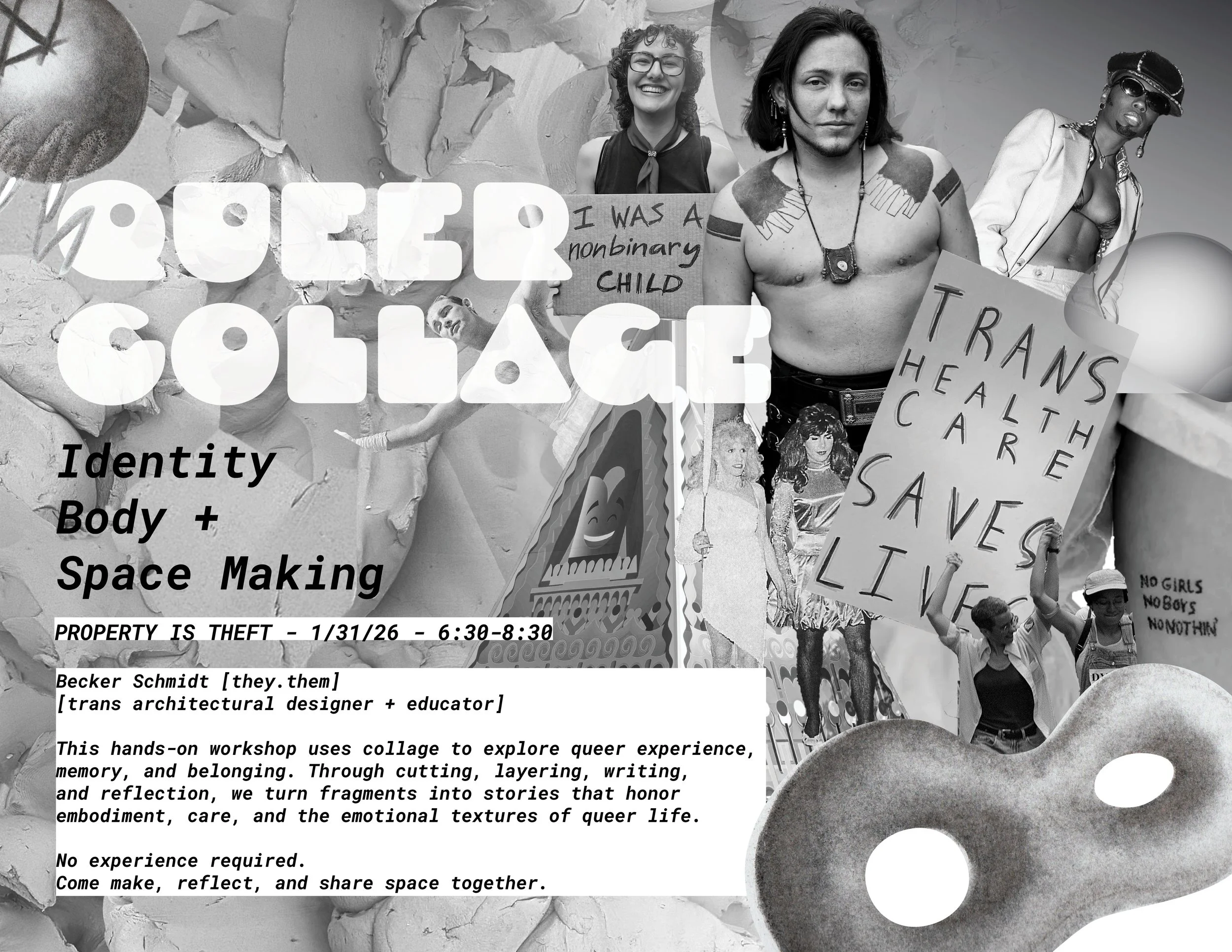
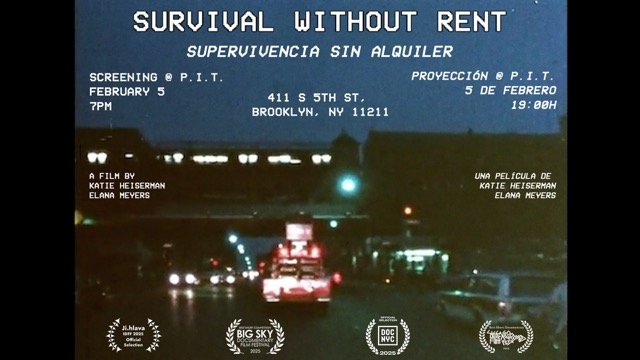
Film Screening: Survival Without Rent
a film about squatting in NYC by Katie Heiserman and Elana Meyers
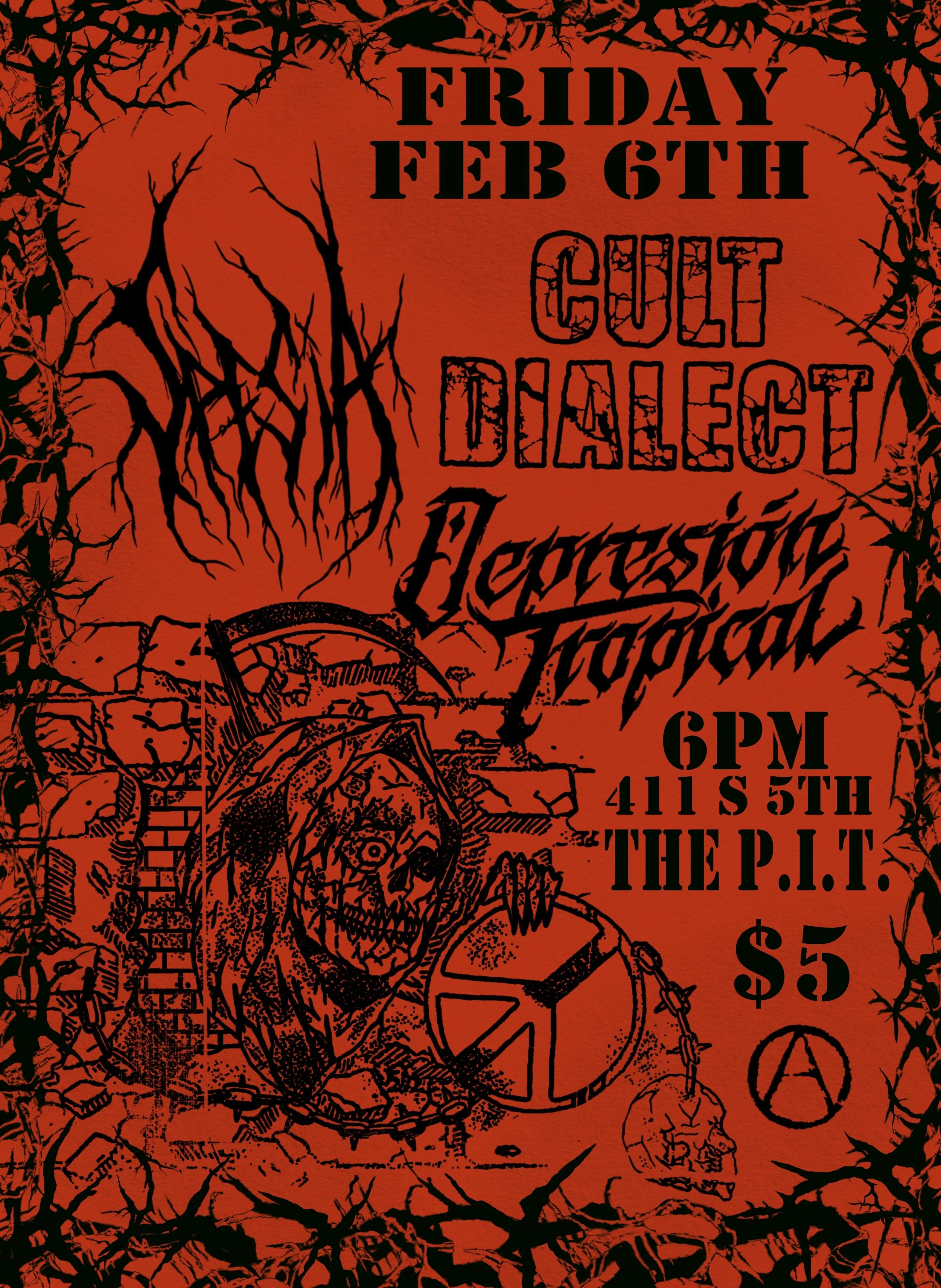



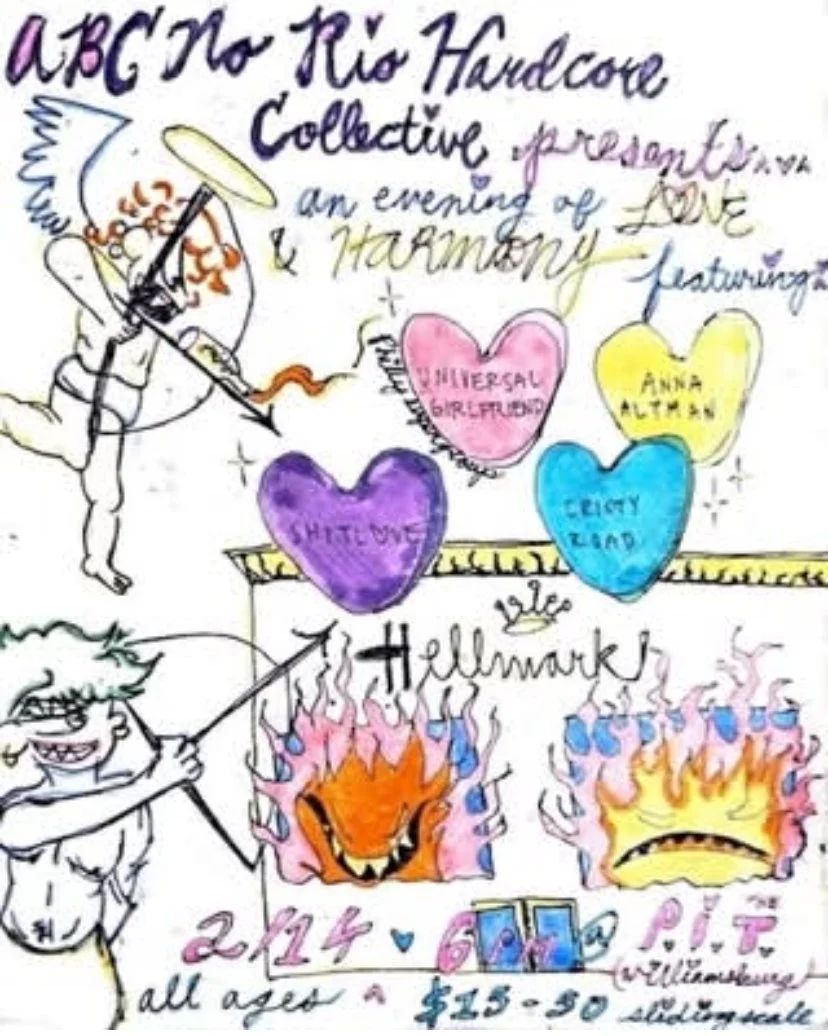
A Discussion With Eric King
an honest and vulnerable discussion about prison repression, resistance, and the necessity of prison support


P.I.T. Care Collective Open Workshop
Monthly meeting and workshop presented by PIT Care Collective, a group of medical practitioners and healers seeking to establish community healing protocols and strategies outside of western capitalist medical logic
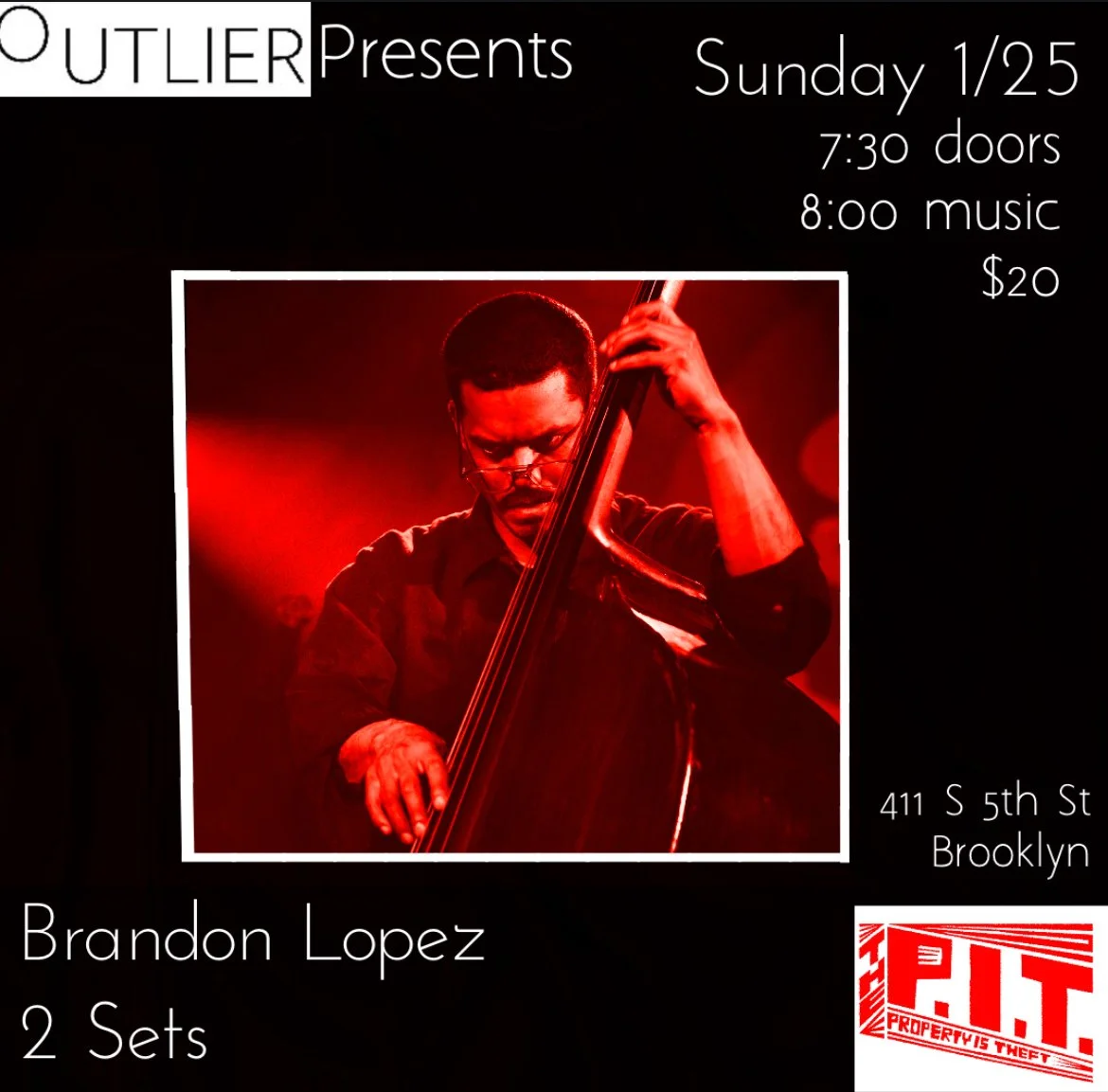
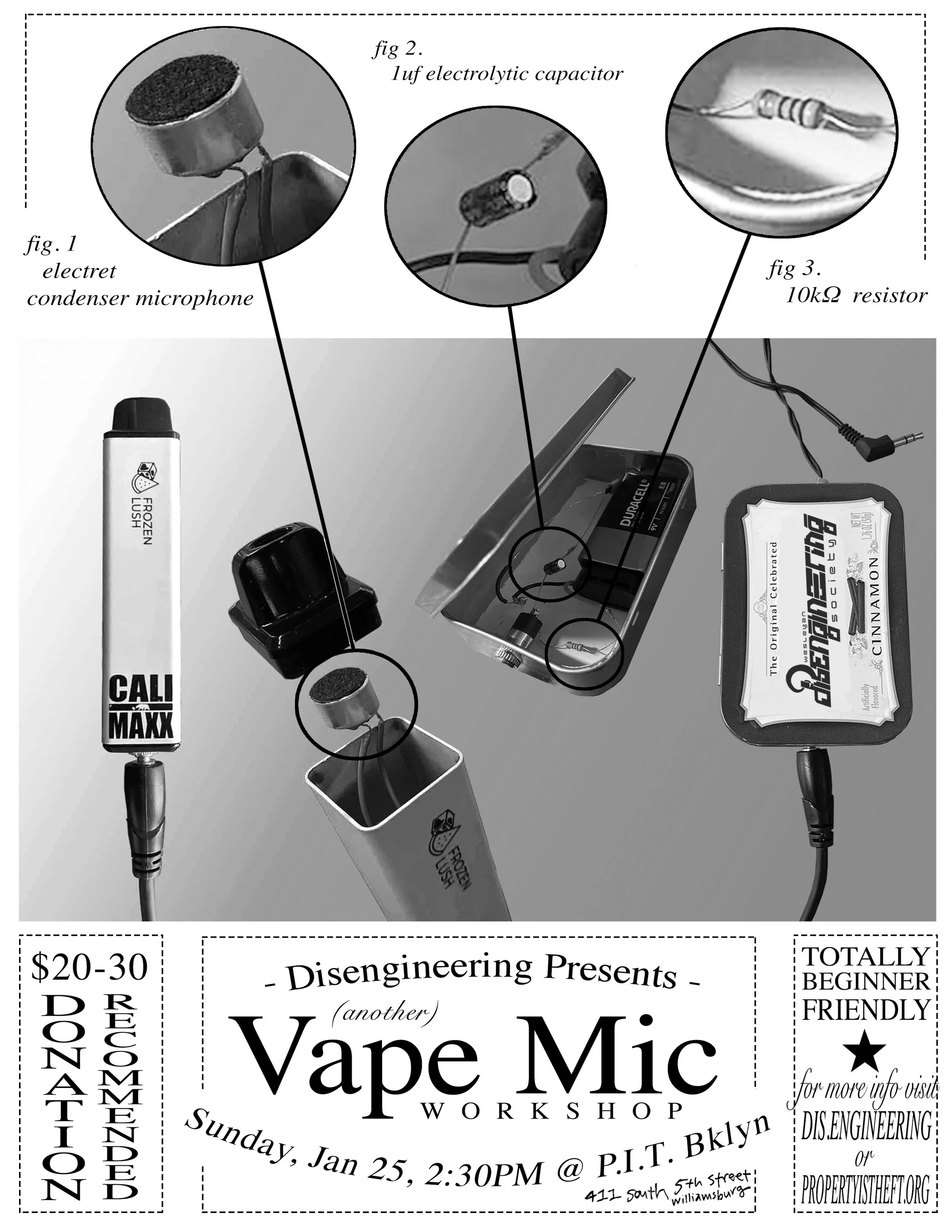
Disengineering Society Vape Mic Workshop
learn to make functional microphones and instruments from discarded vapes!


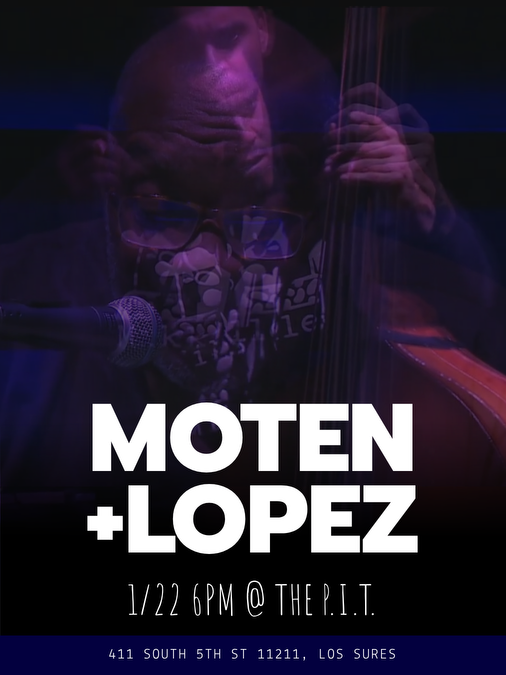
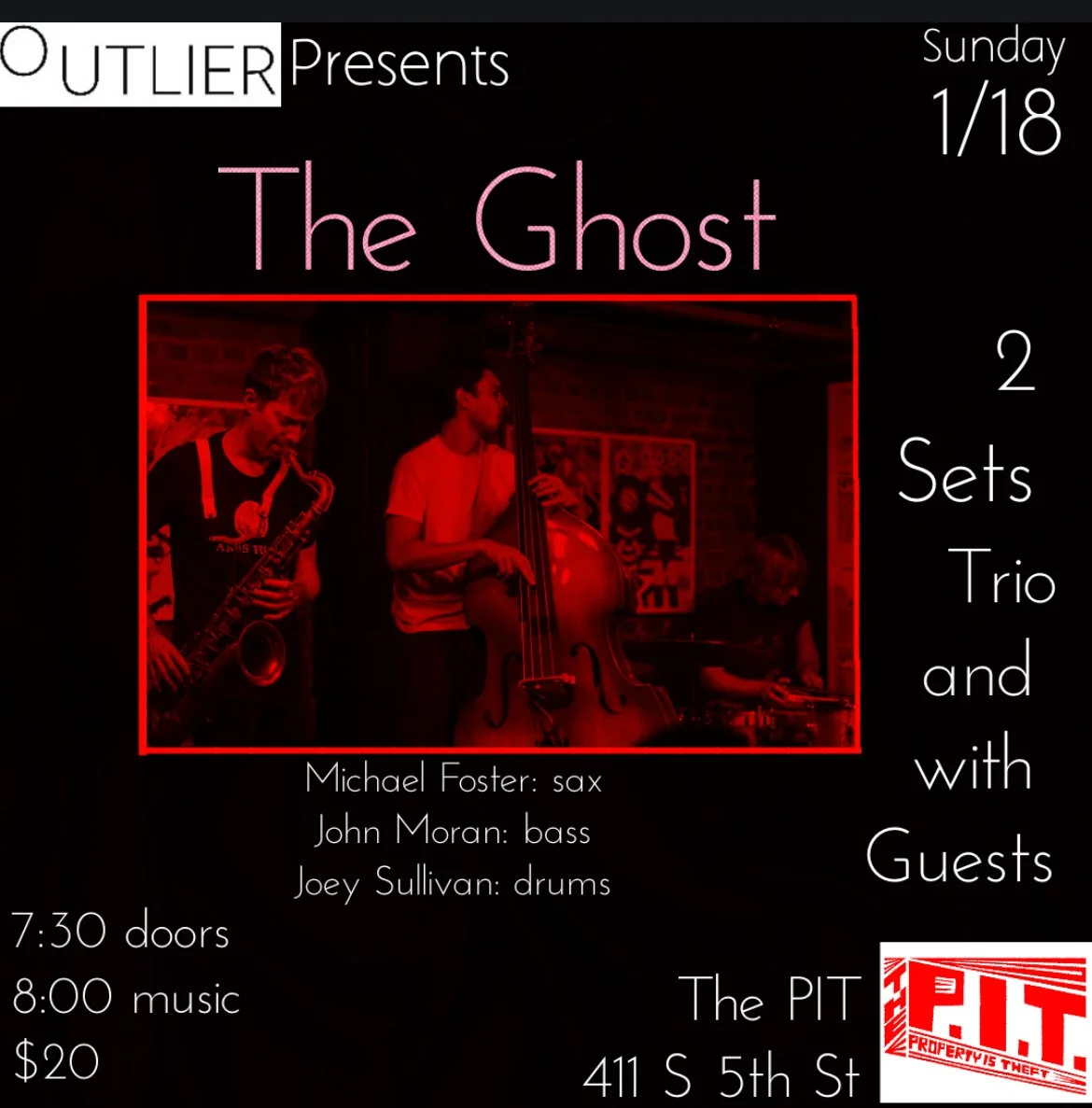


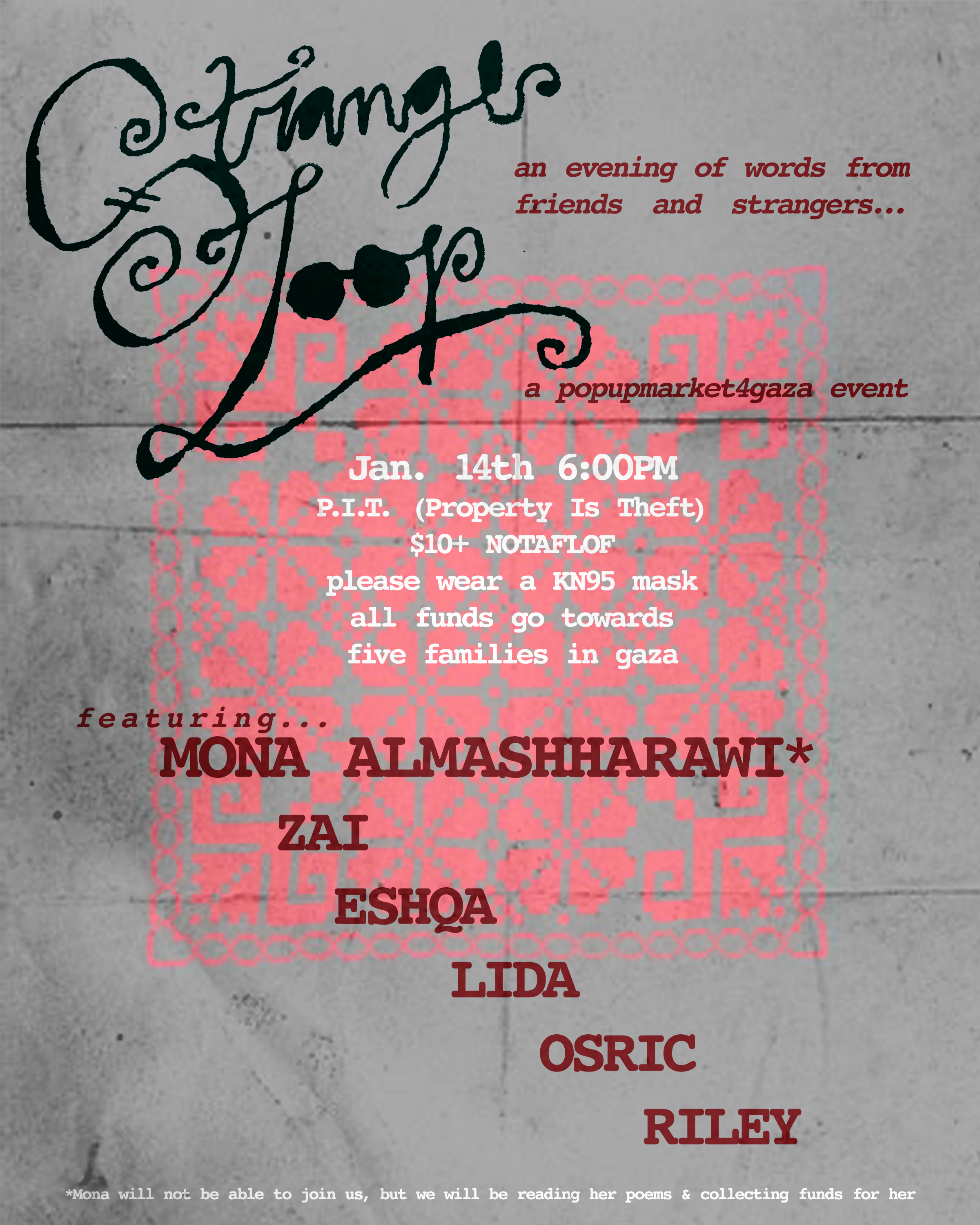
Circuits Co-Op Open Meeting
cooperative meeting for bikers interested in being couriers for radical print ephemera in nyc. email circuitcoop@proton.me for more details
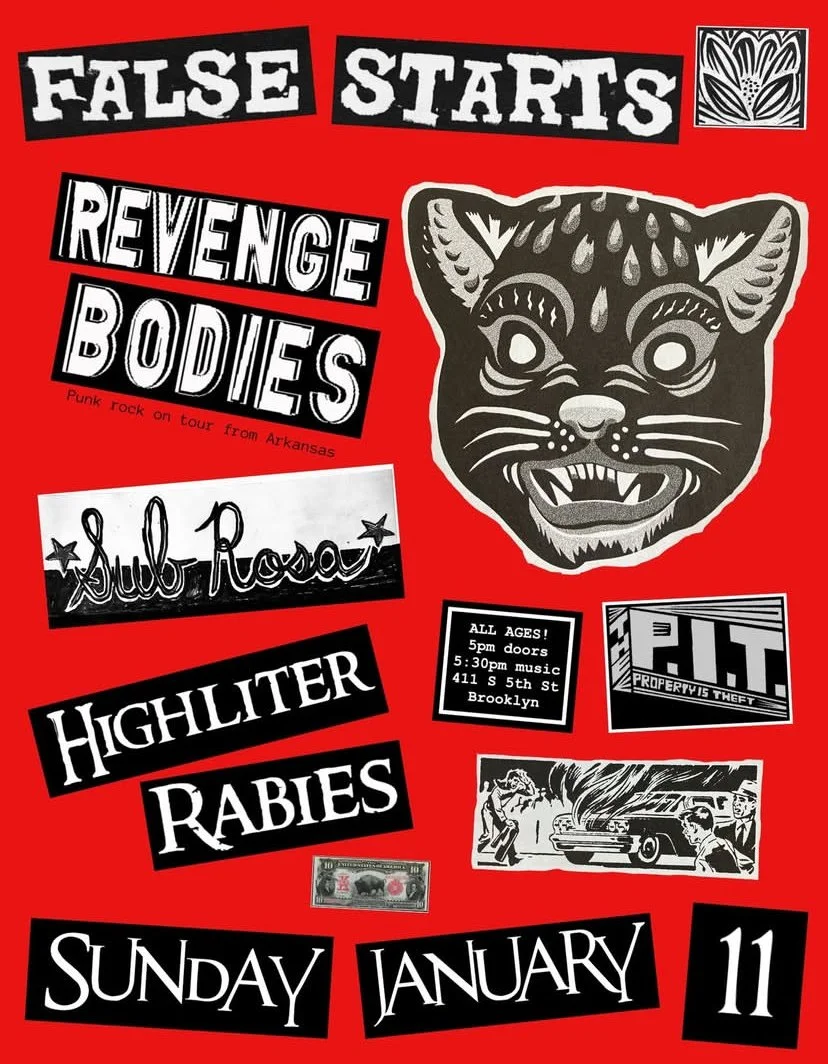
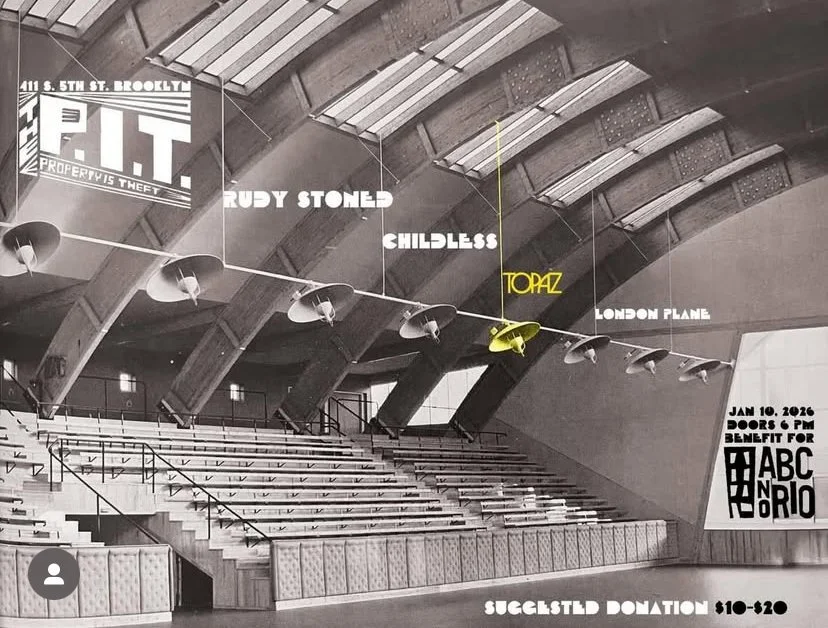
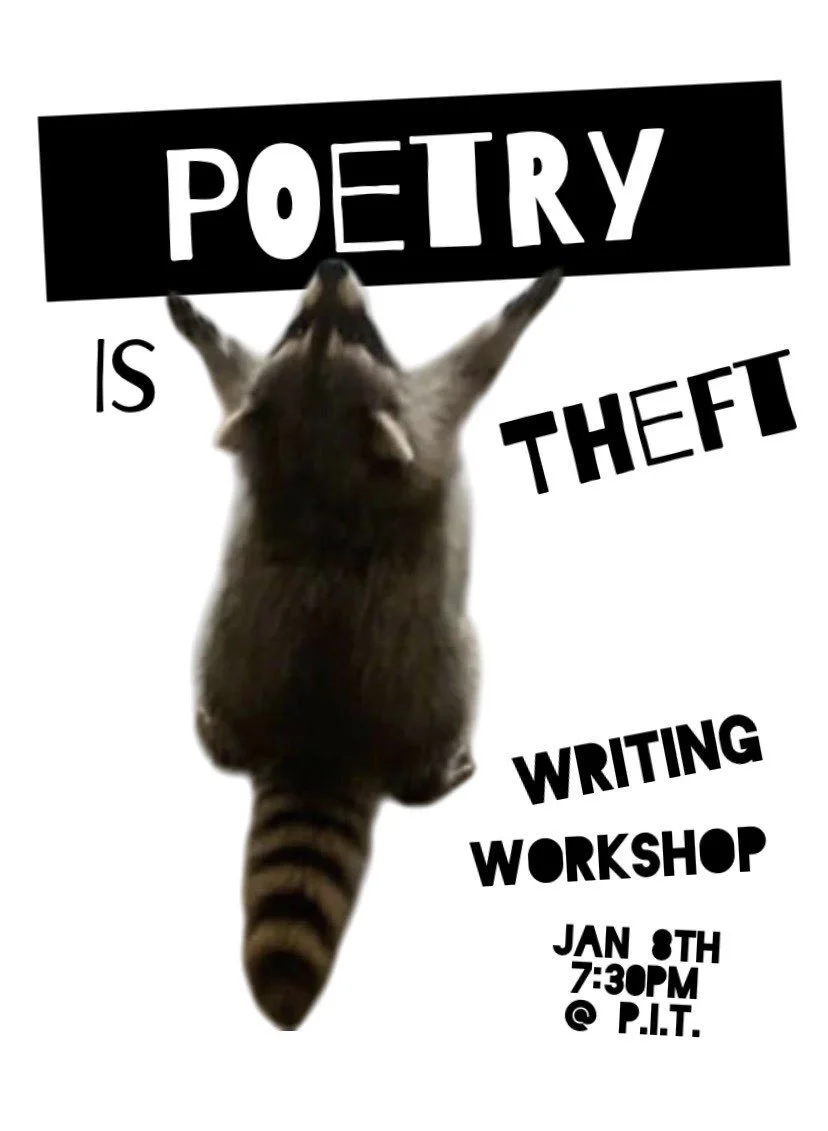
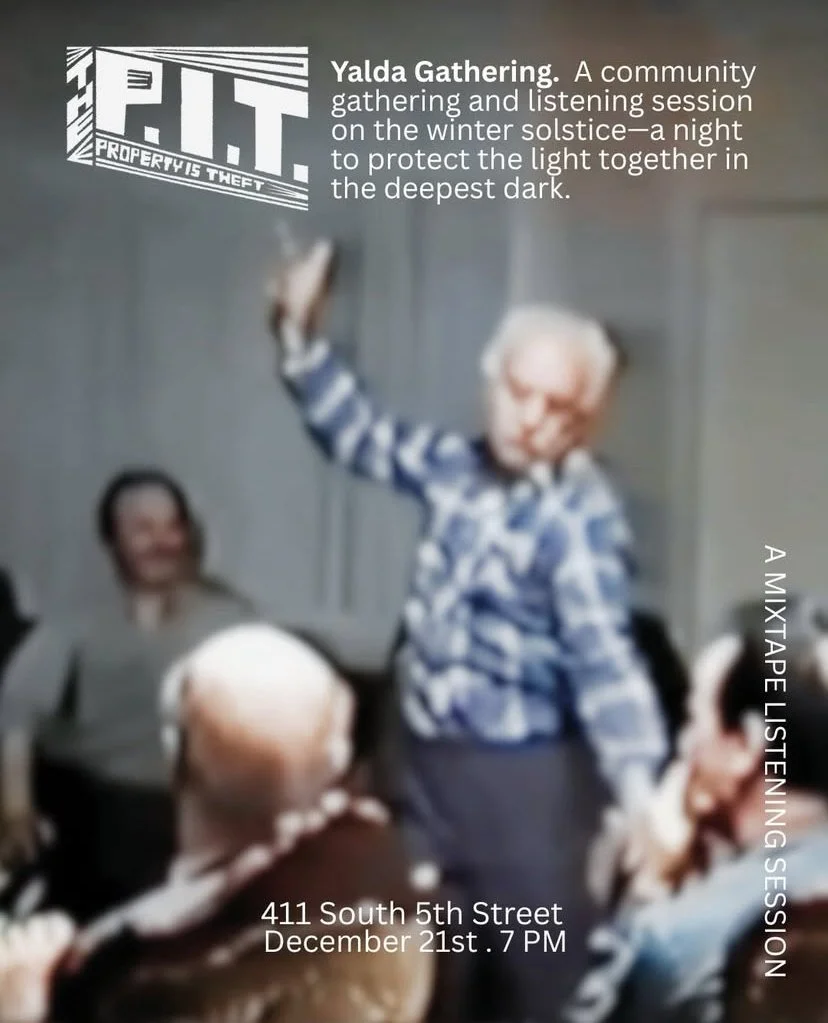
Falgoush Yalda Gathering and Dast Dar Dast Mixtape Listening Party!
Community Yalda Gathering and listening party for mixtape of resistance music from Iran and Afghanistan. Free!
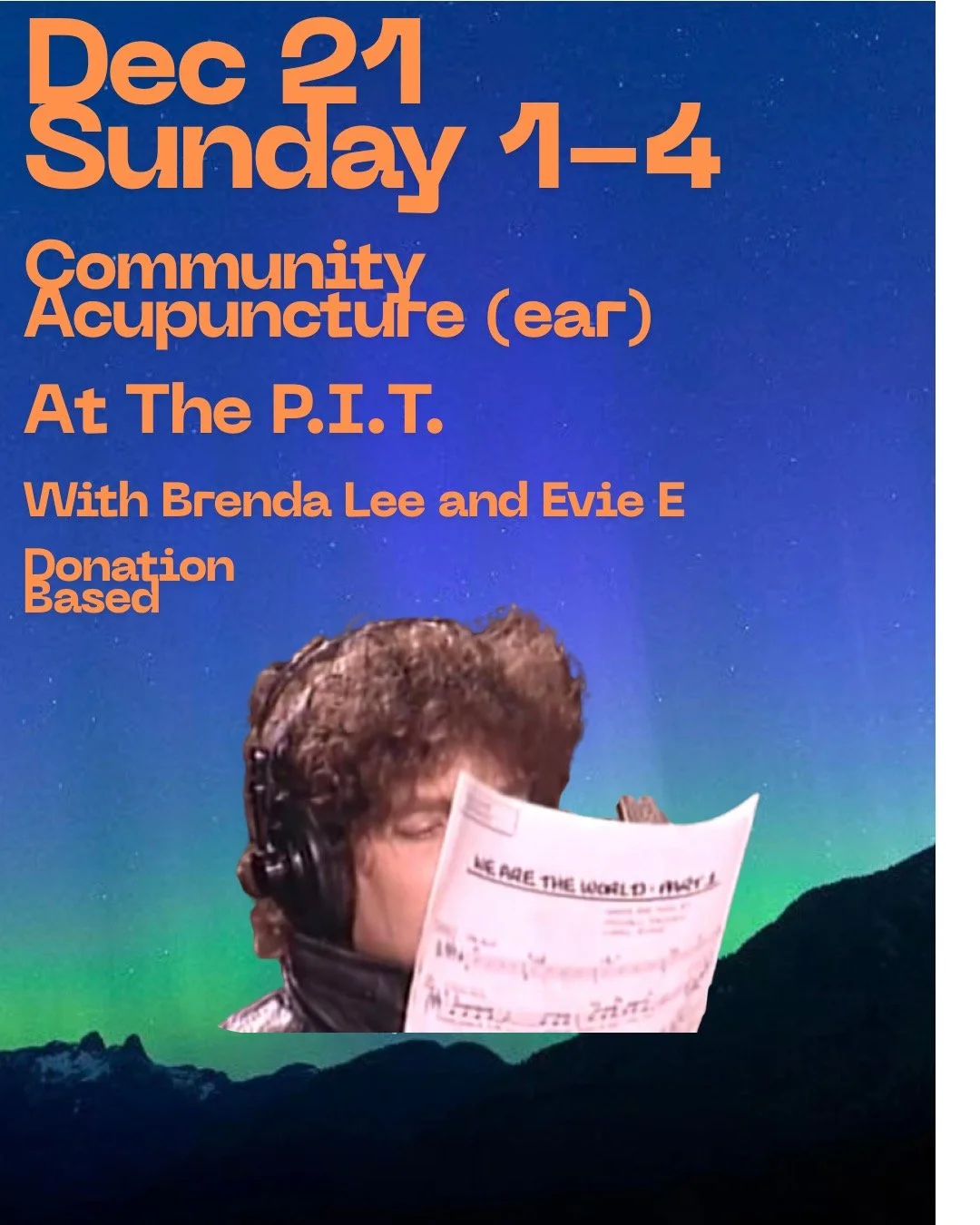
CANCELLED DUE TO SICKNESS — Free Community Acupuncture with Brenda Lee and Evie E
donations welcome but not required

PIT Solstice Fundraising Party w Everloving, Ideas For Conversations, Flaming Trash Pandas, and Alexander
Mega rad show of our fave bands and collaborators

PIT Care Collective
Open meeting, discussion and presentation from a collective of health workers building a vision toward a Healing Commons beyond capitalist institutional logic and boundaries.
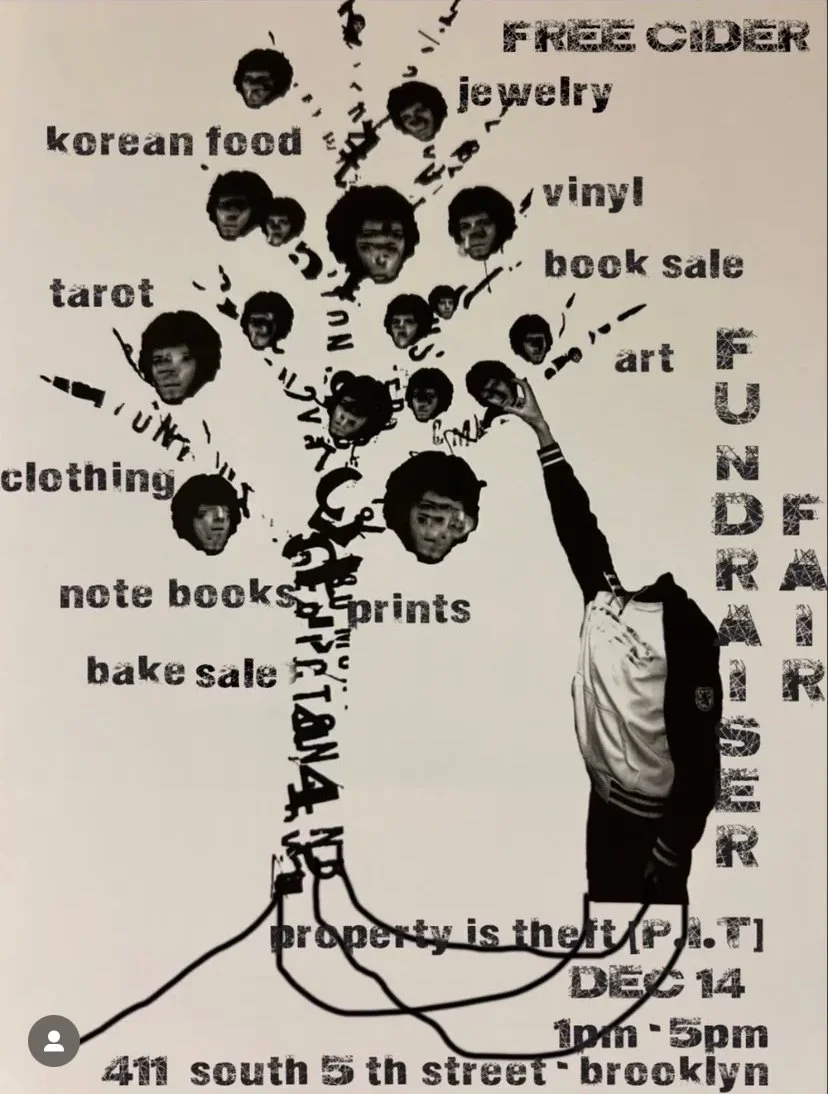

ABC No Rio Benefit with Crush Fund/SubRosa/Jolana Star/Tober Lions
Benefit for ABC NO RIO’s new building

Outlier Presents: C Spencer Yeh Trio w/ More Ease and Jacob Wick//Sean Meehan Solo
Monthly improvised music series
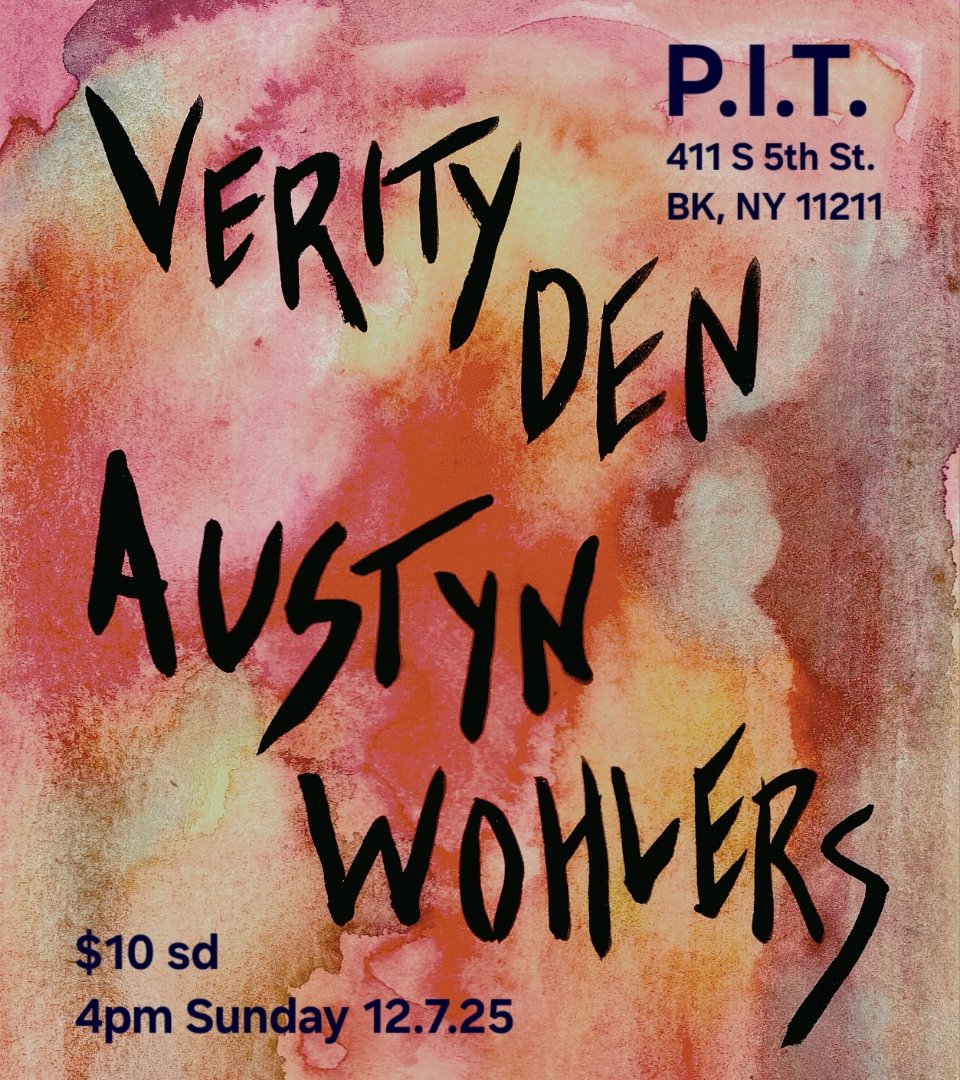

Art Opening: Folk Heroes//Free Money by Jim Costanzo/Aaron Burr Society ft. music by James Ilgenfritz
Opening party for the exhibit by Jim Costanzo, the founding director of the Aaron Burr Society, featuring music by James Ilgenfritz. More info TBA.

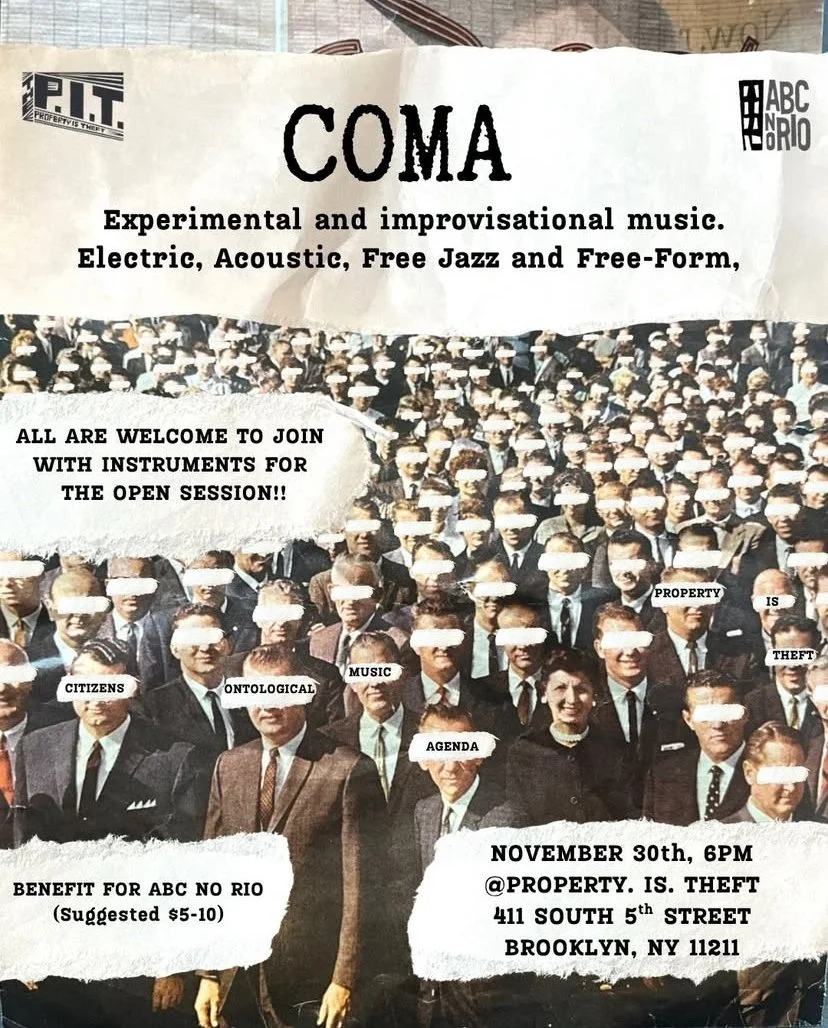
ABC NO RIO presents: COMA
the free jazz/improv wing of ABC NO RIO — Experimental and improvisational music. Electric Acoustic Free Jazz and Free Form.
